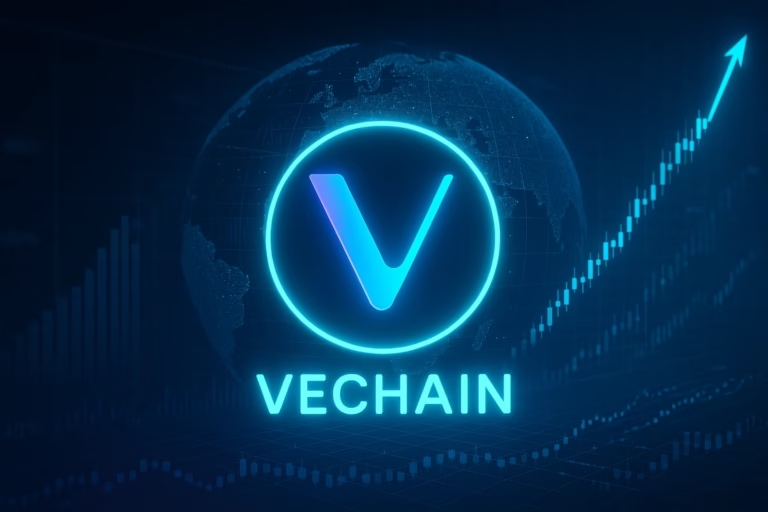
- Ripple Labs CTO David Schwartz discusses the aftermath of Ripple’s SEC legal victory, addressing institutional adoption challenges, the impact on customer acquisition, and unveiling insights into the XRP Ledger’s innovations, including the experimentation with ‘Hooks’ for smart contract-like functionality.
- Schwartz also tackles concerns about Ripple’s centralization, shedding light on the unique dynamics of transaction ordering within the XRP Ledger.
Ripple Labs CTO David Schwartz recently engaged in an insightful Q&A session with The Protocol, addressing various aspects of Ripple’s journey, including the aftermath of the SEC win, dealing with the enthusiastic XRP fanbase, and the unique challenges faced by the XRP Ledger.
Ripple’s SEC Triumph and Institutional Adoption: A Mixed Bag
Six months after Ripple’s significant legal victory against the SEC, Schwartz delved into the impact on institutional adoption. While acknowledging the slow uptake of blockchain technology by institutions, Schwartz highlighted the substantial growth on the XRP Ledger with over 1,000 projects and new stakeholders. However, challenges arise when institutions attempt to leverage features like the decentralized exchange (DEX), facing regulatory compliance hurdles.
Ripple’s Journey Beyond Legal Hurdles
Schwartz shed light on the repercussions of the SEC lawsuit on Ripple’s customer acquisition efforts. Notably, difficulties arose when potential clients couldn’t easily access and hold XRP due to restrictions on major platforms like Coinbase. While the impact was mitigated outside the U.S., the legal saga posed challenges to Ripple’s strategic plans.
The Rise of ‘Hooks’ and the Smart Contract Frontier
With a keen eye on innovation, Schwartz shared insights into Ripple’s experimentation with ‘Hooks,’ a feature adding smart contract-like functionality to the XRP Ledger. Acknowledging the risks involved, Schwartz hinted at potential integration if successful tests pave the way for broader adoption.
Decoding Ripple’s Developer Dilemma
Addressing the curious absence of Ripple from broader developer conversations, Schwartz recognized the challenge of attracting developers to a platform that seemingly already offers a fixed set of functionalities. He emphasized the need for bottom-up growth in the competitive crypto landscape.
Ripple’s Vision for XRP Ledger: A Hub for Payments?
Schwartz addressed the evolving multi-chain crypto ecosystem, envisioning the XRP Ledger as a potential hub for various use cases, particularly excelling in payments. The discussion emphasized the importance of succeeding in specific niches within the crypto landscape.
Ripple’s Response to Centralization Concerns
Responding to criticism surrounding Ripple’s perceived centralization, Schwartz provided a nuanced perspective on the necessity of decentralization for transaction ordering. He argued that, in the case of the XRP Ledger, the key is to prevent control by a single entity rather than achieving complete decentralization.
In conclusion, Schwartz’s interview provides a comprehensive look into Ripple’s journey, from legal battles to technological innovations, shedding light on the challenges and opportunities that lie ahead for Ripple and the XRP Ledger in the ever-evolving crypto landscape.




